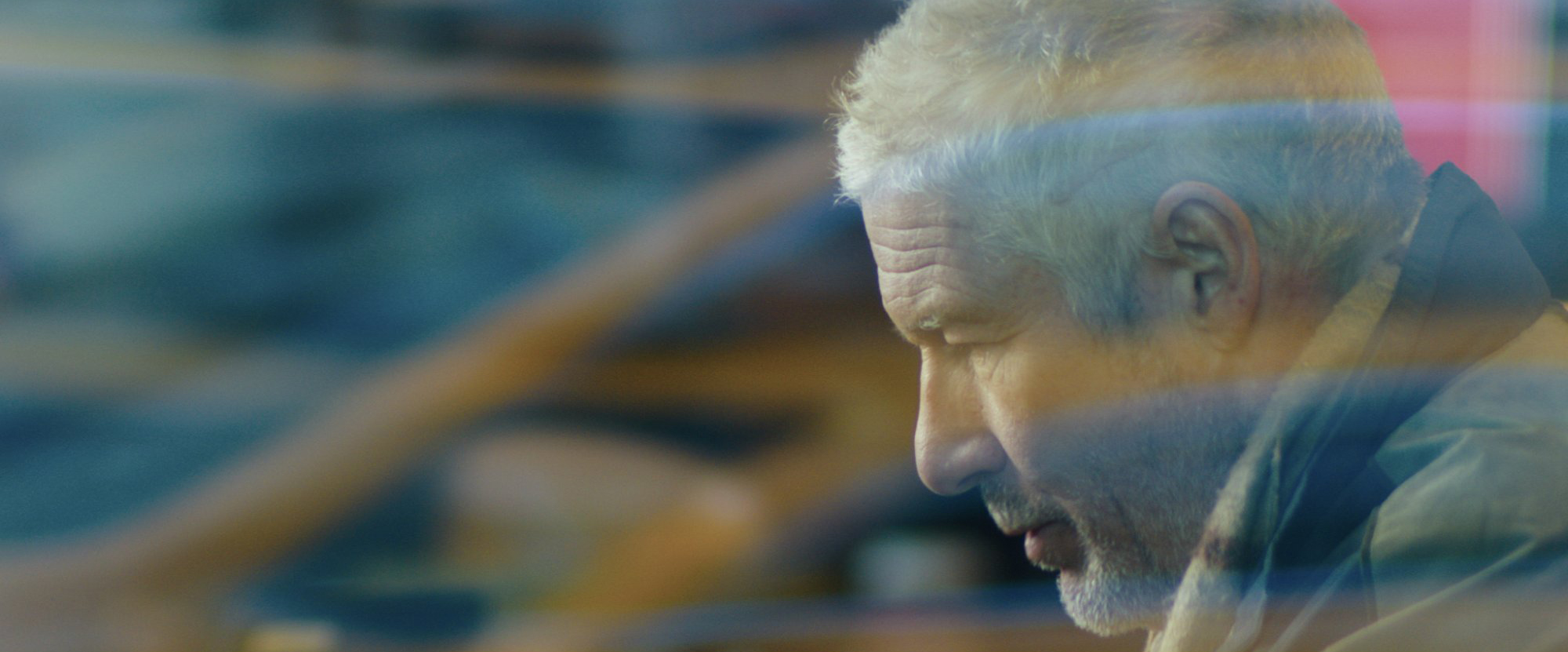Richard Gere has seemingly resigned himself to ‘just a pay cheque’ roles in formulaic thrillers and rom-coms for many years. His peak era of An Officer and a Gentleman and American Gigolo feels like a lifetime ago, but every decade or so he delivers an unexpected, outstanding performance.
In 1990, he was mesmerizing as a charming, psychopathic cop in Internal Affairs; in 2005, he was terrific as Clifford Irving in The Hoax; and in 2014, he has delivered what is probably his career-best performance, portraying a homeless man in the touching and insightful Time Out Of Mind.
The film opens with a panoramic shot of the New York City skyline; the camera pulls back to reveal that we have been looking through the window of a possibly derelict apartment. A key is heard in the door and a crew of workmen enter and discover a rather the worse-for-wear middle aged man (Gere) asleep in the bathtub. The man insists he is supposed to be there, and the foreman (Steve Buscemi) insists he has to get out; the man in the tub does not prevail.
The man, George, returns to the streets, where he is virtually invisible to most of the people he walks amongst in the teeming city. Gradually, pieces of George’s life are revealed as he goes about his daily routine of staying warm, finding somewhere to sleep, avoiding victimisation, and raising money to buy alcohol. When he develops a friendship of sorts with a stubbornly resourceful homeless man (Ben Vereen) something long dormant is awakened in George, and partly in the hope that he can break through his daughter’s (Jena Malone) hostile indifference towards him, George embarks on the difficult process of reclaiming his identity and breaking out of the hopeless cycle of his existence.
George is a complex, fleshed-out character in a film that is neither formulaic nor patronising towards the lower echelon it portrays. Writer-director Oren Moverman (The Messenger, Rampart) and Gere create a empathetic portrait of homelessness which doesn’t pander to stereotypes, and while there are hints that George may suffer from mental illness, it’s also clear that he was, at least in part, the architect of his own downfall.
For much of the film the camera is on Gere’s face, and he does an extraordinary job of conveying a wide range of emotions non-verbally. Gere is a film actor completely in command of his medium here, and come awards season his name is sure to be on many nomination lists.








